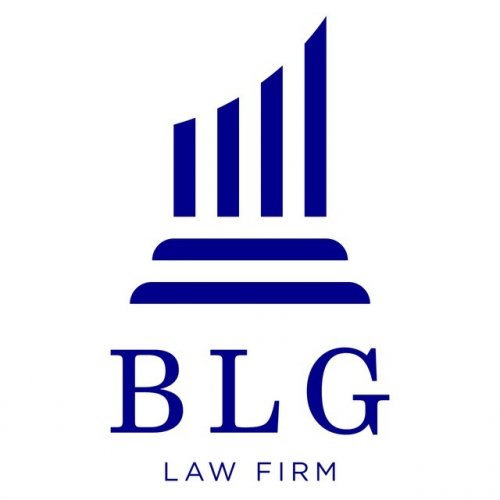Best Oil, Gas & Energy Lawyers in Tashkent
Share your needs with us, get contacted by law firms.
Free. Takes 2 min.
List of the best lawyers in Tashkent, Uzbekistan
About Oil, Gas & Energy Law in Tashkent, Uzbekistan
Uzbekistan is rich in mineral and energy resources, and the oil, gas, and energy sector contributes significantly to the nation's economy. The capital city, Tashkent, plays a central role in this, hosting key industry players and regulatory bodies. The Oil, Gas & Energy Law in Tashkent focuses on the exploration, extraction, sale, and distribution of oil, gas, and other energy commodities, in addition to the associated environmental and safety standards. It greatly safeguards the interests of the state, businesses, and consumers.
Why You May Need a Lawyer
Investing, operating, or participating in the oil, gas, and energy sector in Uzbekistan presents complex legal concerns. These range from compliance with local regulations, negotiating contracts with local players, assessing potential risks in projects, ensuring adherence to environmental and safety standards to managing disputes. A knowledgeable lawyer can provide the critical support needed in managing these aspects, hence shielding individuals and corporations from making costly mistakes.
Local Laws Overview
Several laws govern Uzbekistan's oil, gas, and energy sector. Notable among them are the Law on Mineral Resources, Law on Subsoil, and the Law on Production Sharing Agreements. These seek to control the use of resources, regulate how businesses operate in the sector, and define how benefits are shared between the state and other stakeholders. Additionally, there are laws pertaining to environmental protection and safety standards that businesses must follow. Violations of these standards may lead to severe penalties.
Frequently Asked Questions
What are the primary bodies regulating the oil, gas, and energy sector in Uzbekistan?
The Ministry of Energy and the State Committee on Geology and Mineral Resources are key governing bodies. They oversee licensing, exploration, extraction, and commercial activities of the sector.
How is the foreign investment policy for the oil, gas, and energy sector in Uzbekistan?
Uzbekistan has policies in place to attract foreign investment, including tax incentives and simplifying the approval process for enterprises in the energy and mineral resources sector.
What are the common disputes related to Oil, Gas & Energy law?
Common disputes often involve contract agreements, land rights, environmental issues, and resource distribution.
Can I engage in small scale oil and gas operations without legal advice?
Even for small-scale operations, it's crucial to understand the law, and adhere to licensing, environmental, safety, and revenue regulations. Hence, legal advice is crucial.
What are the legal implications of non-compliance with environmental standards?
Non-compliance can lead to hefty fines, revocation of licenses, and potential litigation. In severe cases, it could lead to criminal charges.
Additional Resources
The Ministry of Energy of Uzbekistan and the State Committee on Geology and Mineral Resources provide key policy updates and regulatory information. International law firms and consultancy firms like Baker McKenzie provide practical insights on the legal landscape.
Next Steps
If you require legal assistance in Oil, Gas & Energy, seek advice from law firms in Tashkent specializing in this field. Engage an attorney who understands the local laws and commercial environment. They can advise on compliance requirements, potential risks, contracts, dispute resolution, and more. Always ensure your activities are aligned with Uzbekistan's laws to avoid unforeseen legal complications.
Lawzana helps you find the best lawyers and law firms in Tashkent through a curated and pre-screened list of qualified legal professionals. Our platform offers rankings and detailed profiles of attorneys and law firms, allowing you to compare based on practice areas, including Oil, Gas & Energy, experience, and client feedback.
Each profile includes a description of the firm's areas of practice, client reviews, team members and partners, year of establishment, spoken languages, office locations, contact information, social media presence, and any published articles or resources. Most firms on our platform speak English and are experienced in both local and international legal matters.
Get a quote from top-rated law firms in Tashkent, Uzbekistan — quickly, securely, and without unnecessary hassle.
Disclaimer:
The information provided on this page is for general informational purposes only and does not constitute legal advice. While we strive to ensure the accuracy and relevance of the content, legal information may change over time, and interpretations of the law can vary. You should always consult with a qualified legal professional for advice specific to your situation.
We disclaim all liability for actions taken or not taken based on the content of this page. If you believe any information is incorrect or outdated, please contact us, and we will review and update it where appropriate.

















